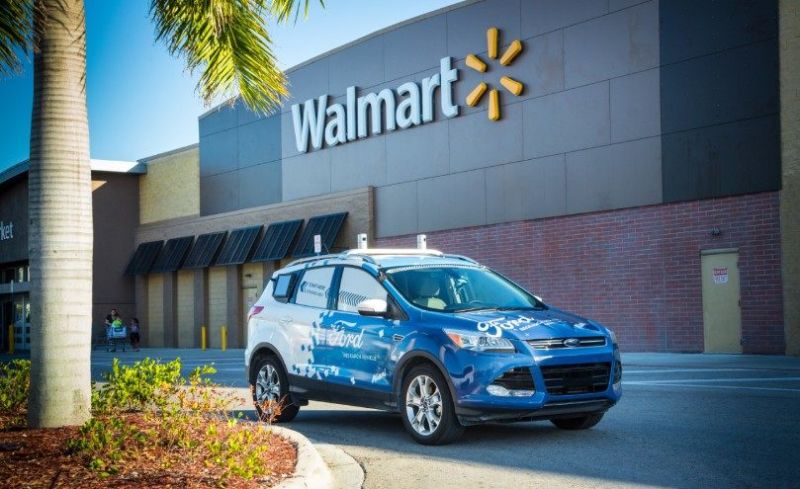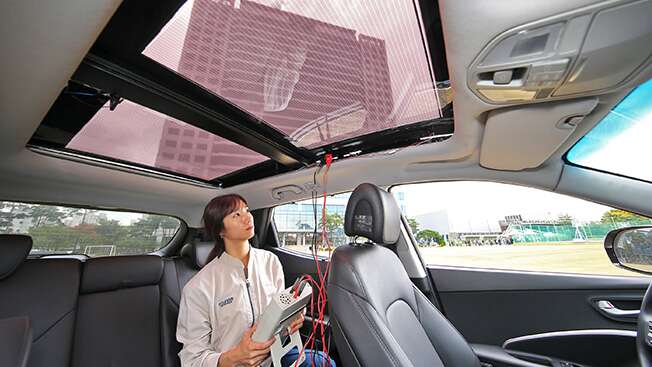NISSAN LEAF LONG-RANGE SET FOR CES LAUNCH

Nissan has confirmed plans to reveal a new model at the Consumer Electronics Show (CES) in Las Vegas, with a teaser suggesting it'll be the long-range Leaf electric vehicle.
The Leaf E-Plus, as it's likely to be badged, will pack a 60kWh battery and is expected to offer around 360km - up 120km on the 40kWh model touching down locally in April next year.
It's also expected to offer better thermal management than the regular Leaf's battery, opening the door for faster charging and better repeat acceleration.
Reports have suggested the car will cost US$35,400 when it launches, putting it head-to-head with the Chevrolet Bolt and entry-level Tesla Model 3.
Elon Musk promised a US$35k electric vehicle for the masses with the Model 3 but, even as production ramps up, only high-spec cars are being delivered at the moment.
In May, Musk said shipping the minimum-cost Model 3 would "cause Tesla to lose money and die".
"A larger capacity battery lends itself towards two things. One is obvious, more range.
"The other one, which is maybe a little less obvious, but equally as true, is additional horsepower and output," Brian Maragno, director of electric vehicle marketing for Nissan North America, said earlier this year.
by: www.caradvice.com.au

Nissan has confirmed plans to reveal a new model at the Consumer Electronics Show (CES) in Las Vegas, with a teaser suggesting it'll be the long-range Leaf electric vehicle.
The Leaf E-Plus, as it's likely to be badged, will pack a 60kWh battery and is expected to offer around 360km - up 120km on the 40kWh model touching down locally in April next year.
It's also expected to offer better thermal management than the regular Leaf's battery, opening the door for faster charging and better repeat acceleration.
Reports have suggested the car will cost US$35,400 when it launches, putting it head-to-head with the Chevrolet Bolt and entry-level Tesla Model 3.
Elon Musk promised a US$35k electric vehicle for the masses with the Model 3 but, even as production ramps up, only high-spec cars are being delivered at the moment.
In May, Musk said shipping the minimum-cost Model 3 would "cause Tesla to lose money and die".
"A larger capacity battery lends itself towards two things. One is obvious, more range.
"The other one, which is maybe a little less obvious, but equally as true, is additional horsepower and output," Brian Maragno, director of electric vehicle marketing for Nissan North America, said earlier this year.
by: www.caradvice.com.au









